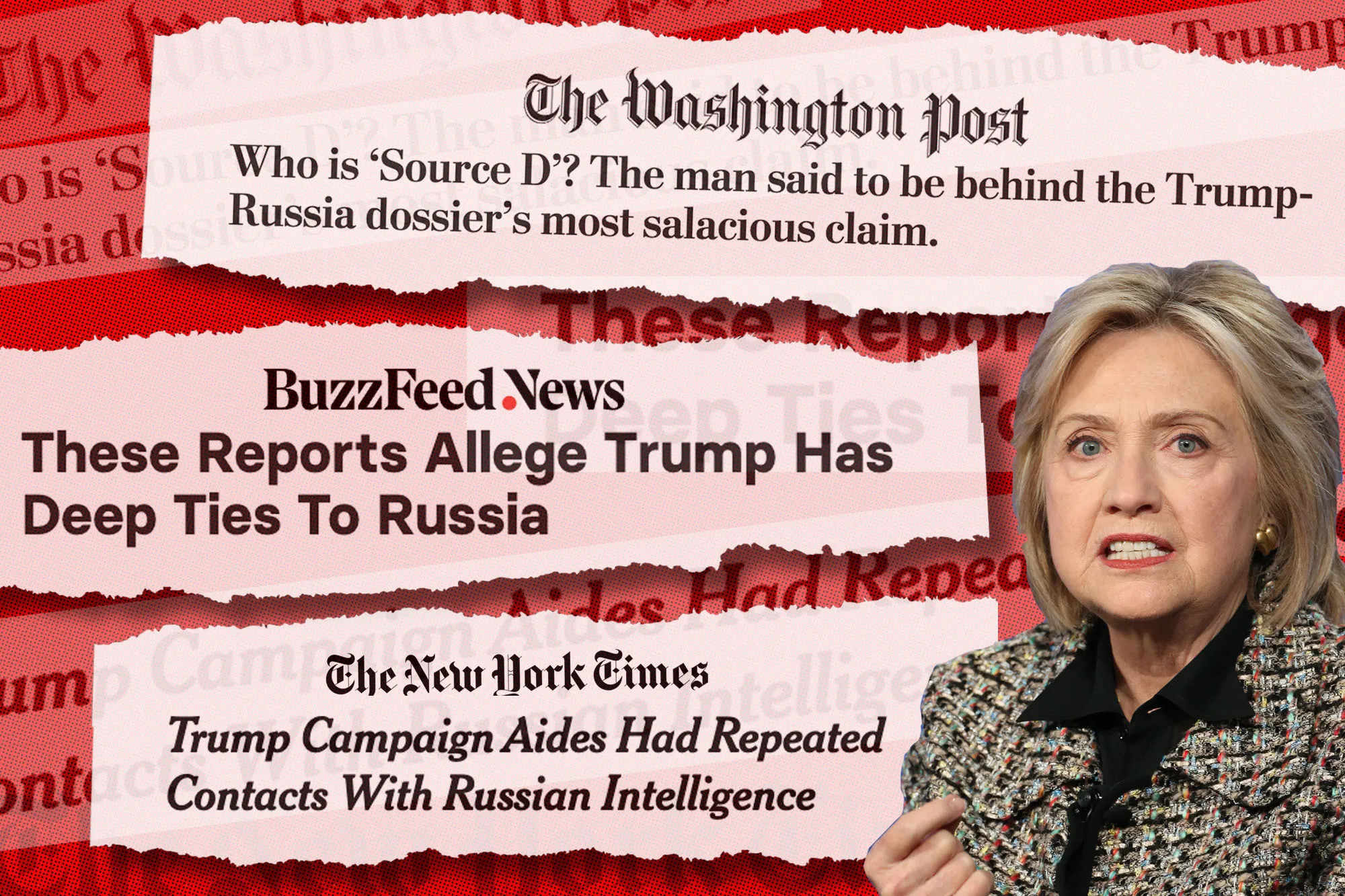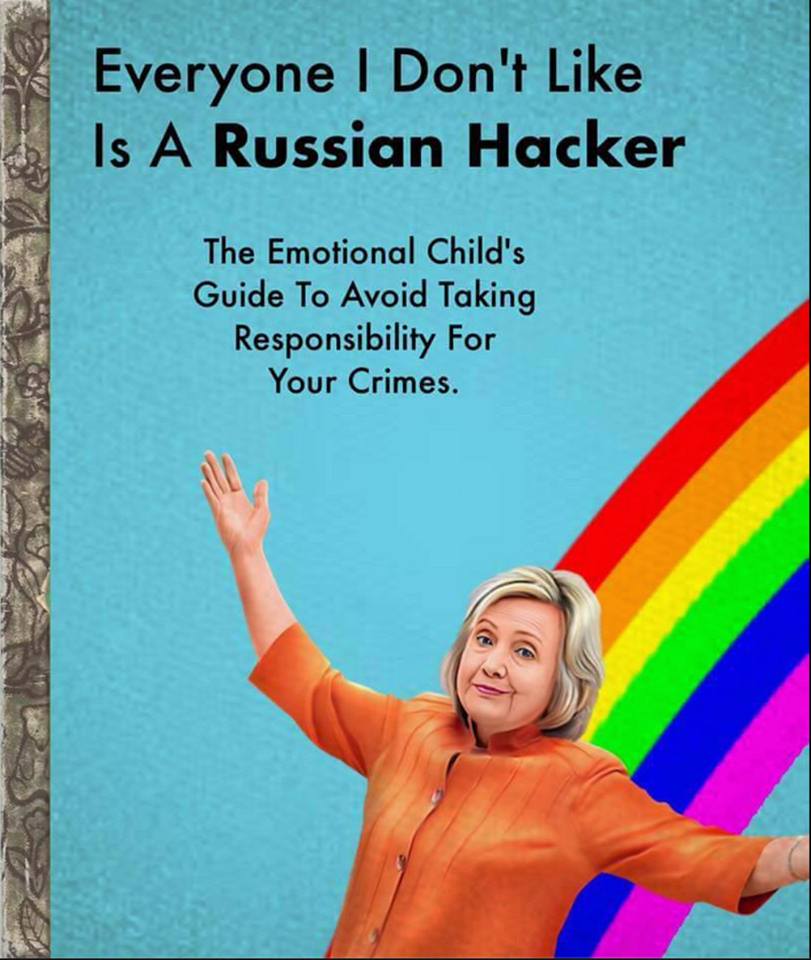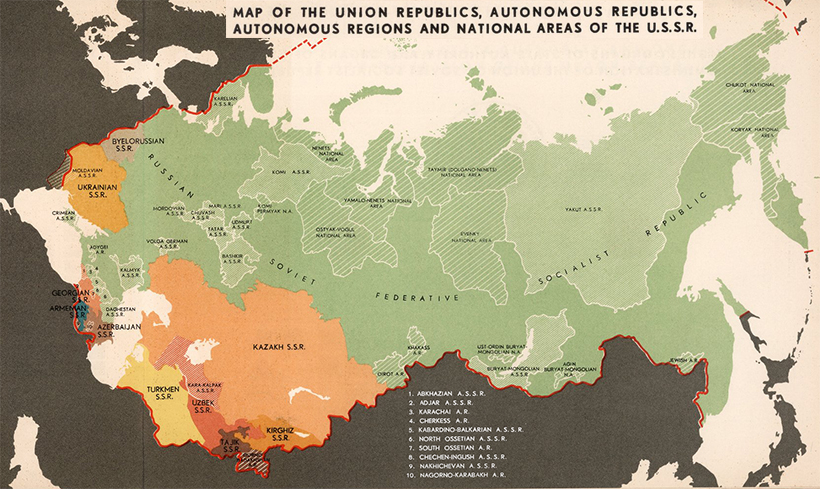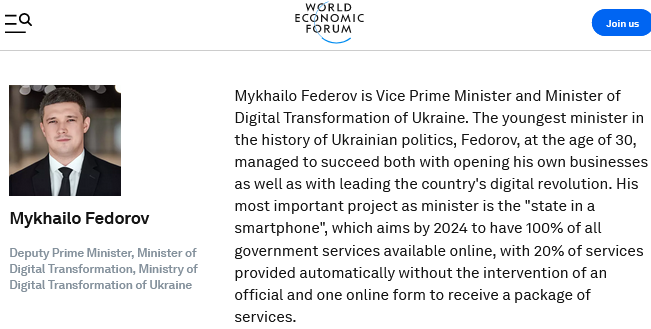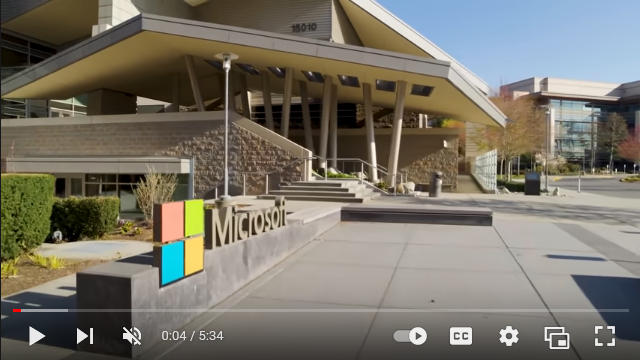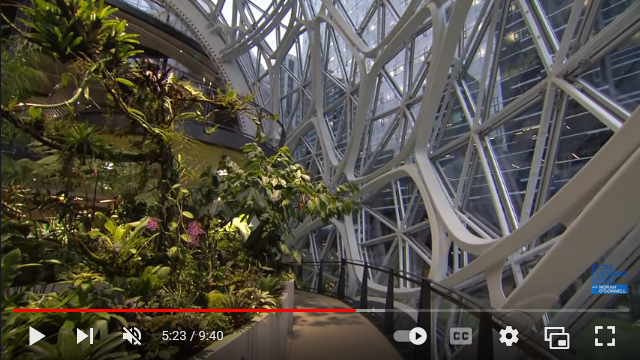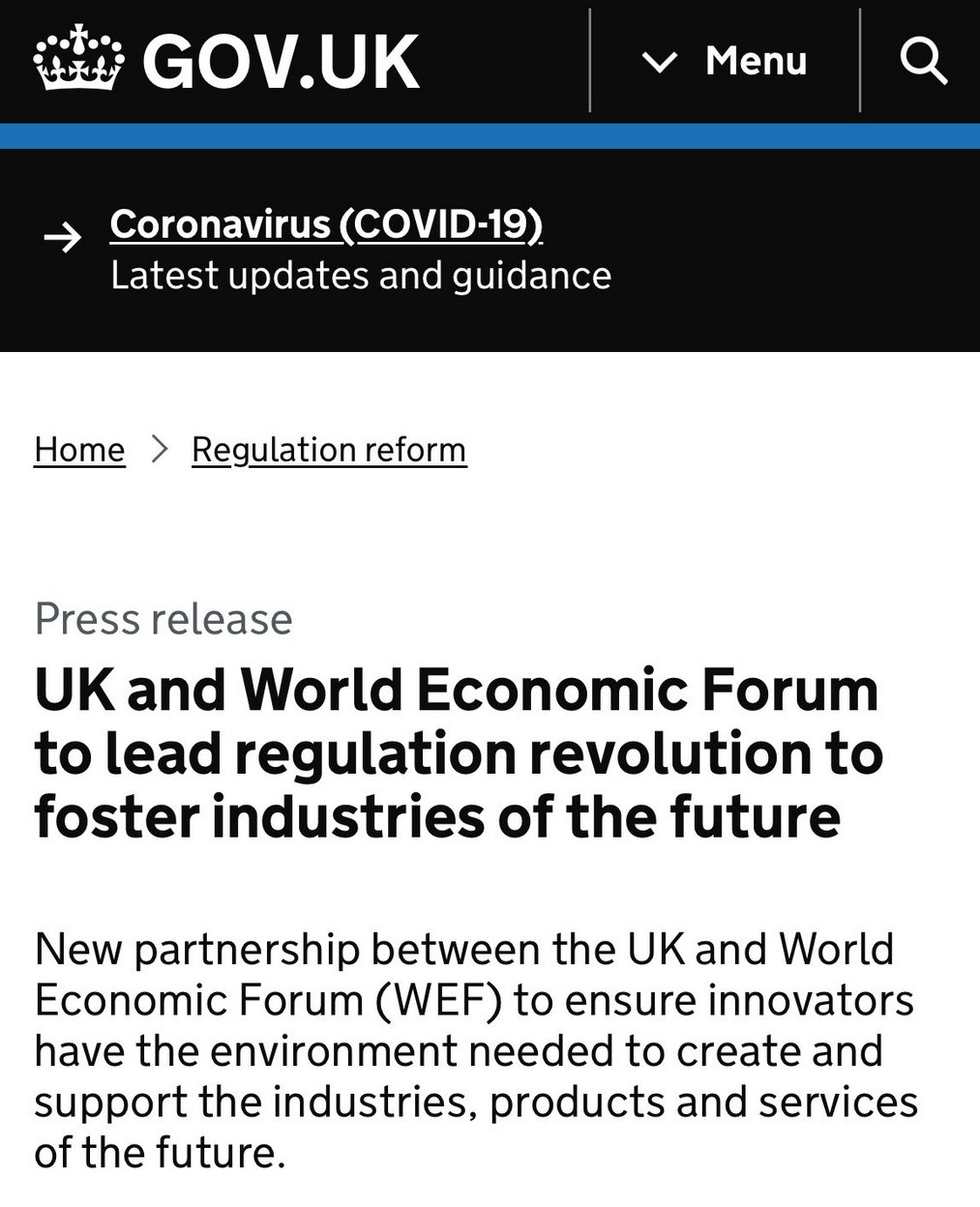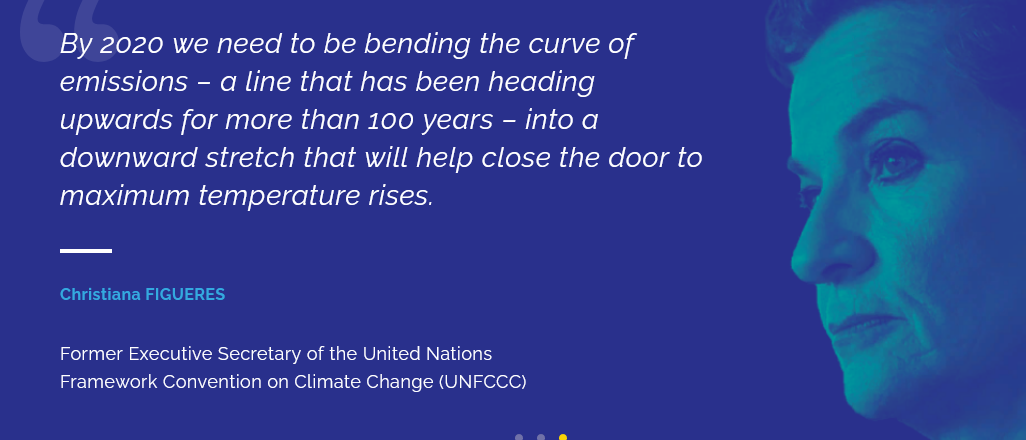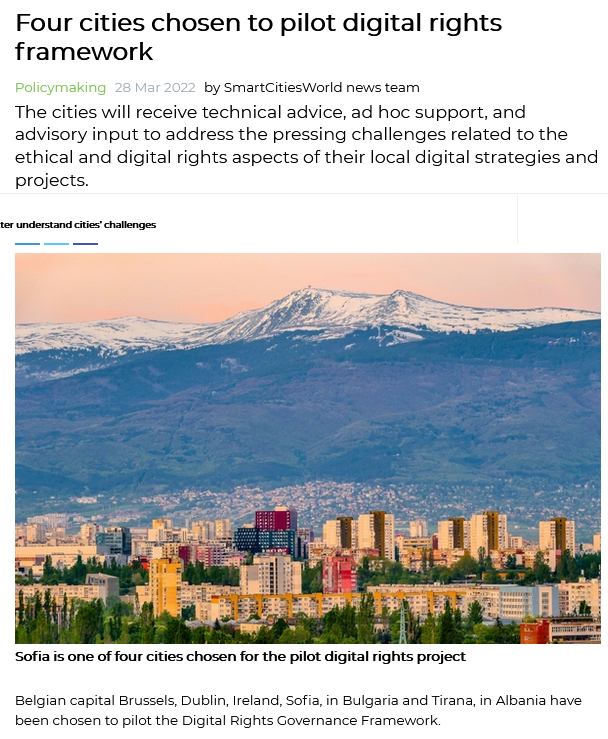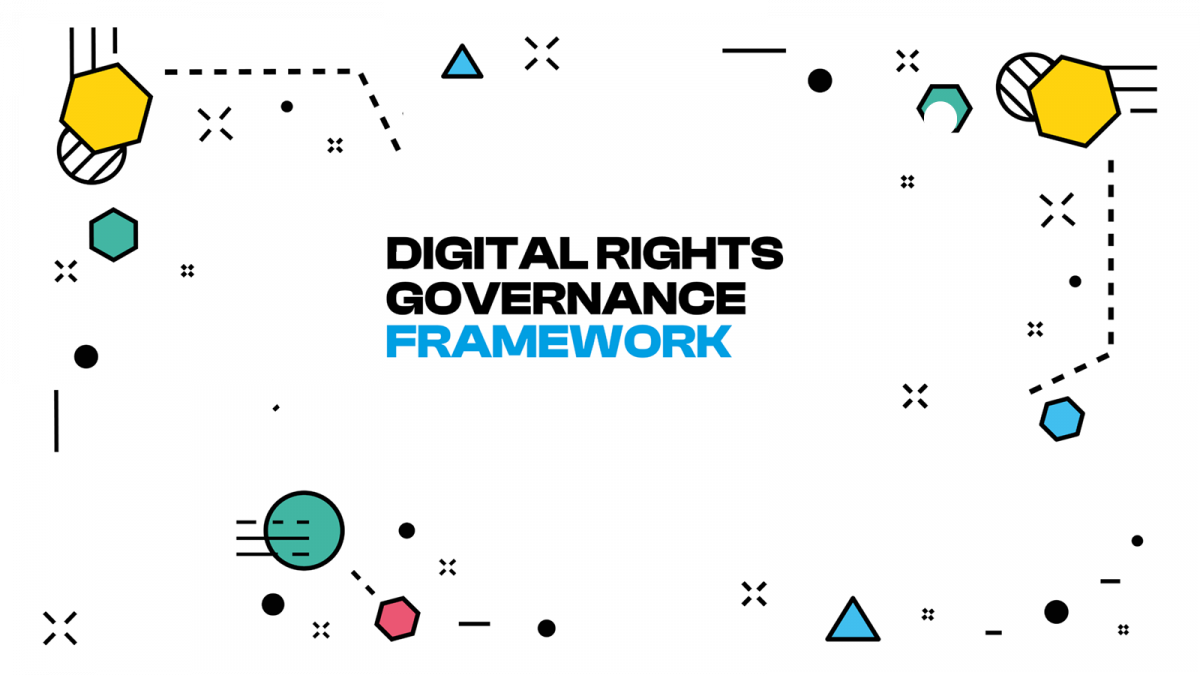 
'The magnitude of Russia's actions will play out for decades to come and mark a turning point in the world order of geopolitics, macroeconomic trends, and capital markets.'
That was Larry Fink, CEO of BlackRock in his annual letter to shareholders that published Thursday. And in our call of the day, he closed the door on decades of global economies connecting.
'I remain a long-term believer in the benefits of globalization and the power of global capital markets,' said the head of the world's biggest asset manager. 'But the Russian invasion of Ukraine has put an end to the globalization we have experienced over the last three decades.'
That disconnectivity between people, nations and companies got a head start from two years of the pandemic. 'It has left many communities and people feeling isolated and looking inward. I believe this has exacerbated the polarization and extremist behavior we are seeing across society today,' he said.
And now Russia's aggression against its neighbor and decoupling from the global economy will lead companies and governments worldwide to 're-evaluate their dependencies and reanalyze their manufacturing and assembly footprints ' something that COVID had already spurred many to start doing,' he said.
While dependence on Russian energy is in the spotlight, we're also likely to see companies and governments bring operations either onshore or close to home, which could benefit Mexico, Brazil, the U.S. or Southeast Asia.
And that means higher costs and margin pressures are ahead. 'While companies' and consumers' balance sheets are strong today, giving them more of a cushion to weather these difficulties, a large-scale reorientation of supply chains will inherently be inflationary,' said Fink.
|
